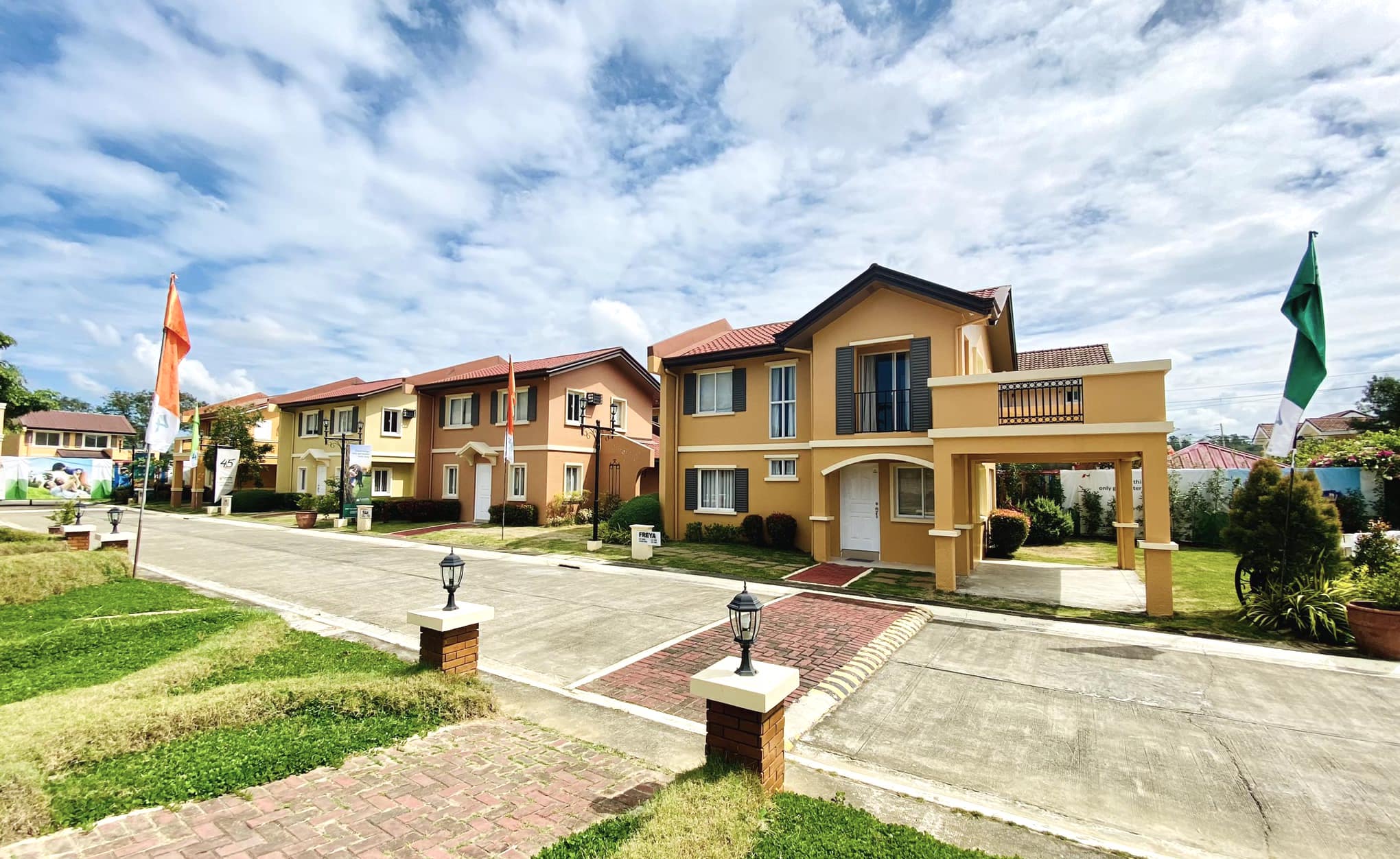Overseas Filipino Workers (OFW) and migrant workers, the Philippines’ modern-day heroes, play significant roles in the global workforce, contributing to their host countries and motherland, the Philippines.
These dedicated individuals leave their families and homes behind, and everything dear and familiar, for overseas employment to pursue opportunities abroad, seeking to provide a better future and a better life for their loved ones. There are those who feel burdened about their family member’s situation and life challenges that they see no other way but to be a foreign worker.
However, the journey of an overseas Filipino worker has different challenges, specially for contractual workers. Working overseas in an unfamiliar surroundings, foreigner talk that triggers language anxiety, conforming to other countries laws, among other issues, is not at all a fairy tale life.
This article explores the struggles faced by OFWs and selected overseas migrant workers focusing on coping with homesickness, isolation, and cultural adjustments. By understanding these challenges and implementing effective coping mechanisms, OFWs can navigate their overseas journey with resilience and strength and avoid job burnout.
Different Challenges of Overseas Filipino Workers (OFWs)

The life challenges of overseas Filipinos are multifaceted and can range from emotional and psychological to practical and cultural.
Homesickness
One of the most prevalent struggles is homesickness, which stems from being physically separated from loved ones for extended periods. Homesickness is more than just a temporary feeling of missing home; it can be an uncomfortable and unhealthy disorder affecting a person’s mental health and emotional well-being.
Symptoms of homesickness may include sadness, anxiety, difficulty concentrating, and a general sense of unease. It is essential to recognize that homesickness is a normal reaction to being away from home, which many overseas Filipino workers experience.
Isolation
Isolation is one of the significant challenges of Filipino workers abroad. Being in a foreign land, often with limited social support systems, can make an OFW feel disconnected from their surroundings.
The absence of close friends and family members can exacerbate this isolation, making it difficult for them to build meaningful relationships and find emotional support. Language barriers and cultural differences can also contribute to feelings of isolation.
Unfair Wages and Labor Practices
Despite working long hours and sacrificing their personal lives, many overseas Filipino workers still struggle to make ends meet. They often face low wages, unfair labor practices, and exploitative working conditions. Moreover, the cost of living in their host country can be significantly higher than in the Philippines, making it difficult for them to save money or send remittances back home. This is why gathering pertinent data before working abroad is an imperative to aspirants.
Effective Coping Strategies for Filipino Overseas Workers
Supporting Children’s Education
For many overseas Filipino workers, one of the primary motivations for working abroad is to provide a better future for their children. For all their hardships, the reward to be able to give a better life for their loved ones. Some of them leave their families and children who are barely one or two years old to be able to provide for them.
Despite the physical distance, OFWs must remain involved in their children’s education and support their academic development.
Financially supporting children’s education is crucial. OFWs should allocate some of their earnings to cover educational expenses such as tuition fees, books, and school supplies. Setting up a savings account specifically for education expenses can help ensure that funds are readily available when needed.
Another way to support children’s education is by communicating regularly with teachers and school administrators to have access to all the data on their child’s progress in school. Overseas Filipino workers should establish open lines of communication to stay informed about their children’s progress, attend parent-teacher conferences remotely when possible, and provide input and support as needed.
Emotional and Psychological Challenges
Coping with homesickness and feelings of isolation requires proactive strategies to maintain emotional well-being. First and foremost, it is extremely significant that an OFW family prioritize regular communication with their loved ones back home.
Thanks to advancements in technology, staying connected has always been challenging. Social media, video calls, instant messaging, and social media platforms can help bridge the distance and provide a sense of closeness, even when physically apart.
Seeking support from fellow OFWs can also be beneficial in coping with homesickness and isolation. Many OFWs face similar challenges, and forming support groups or joining online communities can help create a sense of belonging and understanding. These platforms provide an avenue to share experiences, seek advice, and offer emotional support to one another.
Future and aspiring researchers premised that engaging in activities that bring joy and a sense of familiarity can also help alleviate homesickness. Exploring local Filipino communities, participating in cultural events, or cooking traditional Filipino dishes can provide a comforting connection to their homeland.
Social and Cultural Adjustments
Language barriers can further complicate life and work environment adjustments. Communication may become challenging, making it difficult for OFWs to express themselves or fully understand others. This can lead to feelings of frustration, isolation, language anxiety, and even discrimination.
One practical approach is to immerse oneself in the local culture. Learning the language of the host country can facilitate better communication and integration. Taking language classes or utilizing language-learning apps can aid in this process. Additionally, exploring local customs, traditions, and cuisine can deepen understanding and appreciation for the host country’s culture.
Building relationships with locals is another valuable strategy in dealing with cultural adjustments. Actively seeking opportunities to engage with the local community, such as joining clubs or organizations or attending casual or informal talks, can foster cross-cultural friendships and provide insights into the host country’s way of life. Embracing diversity and being open to new experiences can enrich an OFW’s cultural journey and help them feel more connected to their surroundings.
The importance of a supportive work environment for foreign workers
In addition to coping mechanisms and strategies, overseas Filipino workers need a supportive work environment that understands and addresses their challenges.
The Role of the Philippine Government in Supporting Overseas Filipino Workers
One of the ways the Philippine government supports OFWs is by establishing policies and regulations that aim to safeguard their rights and welfare. One of the important agencies tasked with this assignment is the Presidential Communication Operations Office.
For instance, the government has implemented measures to address the issue of the global gender pay gap, ensuring that Filipino migrant workers receive fair and equal compensation for their work abroad.
Moreover, the government has established diplomatic relations with different countries to protect the rights and welfare of OFWs. Through bilateral agreements and treaties, the government aims to secure better working conditions, fair treatment, and access to legal assistance for OFWs.
These diplomatic efforts ensure OFWs’ safety and well-being while promoting the Philippines’ positive image as a responsible sending country.
Resources and Organizations That Assist OFWs
Recognizing OFWs’ unique challenges, the Philippine government has established various resources and organizations to support their needs. One such organization is the Philippine Overseas Employment Agency (POEA), which oversees the deployment and welfare of OFWs.
The POEA assists in the form of pre-employment orientation seminars, legal assistance, and repatriation services. They ensure that OFWs know their rights and are protected from exploitation.
Aside from government organizations, there are also non-government organizations (NGOs) that focus on assisting OFWs. These NGOs offer various services, including financial literacy programs, skills training, and counseling. They aim to empower the migrant worker by equipping the person with the necessary tools and knowledge to thrive in their respective job abroad.
The agencies strengthen and implement programs by conducting several research study which produce essential information on the needs, work environment aspect, and practically the everyday life of overseas Filipino workers. To make this accessible to most OFWs, some researches are conducted via online google survey form that provide and create pertinent results.
Conclusion
Being overseas Filipino workers has its share of struggles, including homesickness, isolation, cultural adjustments, and work-life balance. However, by understanding the challenges of overseas Filipino workers (OFWs) and implementing effective coping mechanisms, they can overcome the life challenges of overseas Filipino and thrive in their journey.

Check out our House and Lot for Sale Properties
Discover our house and lot for sale properties in the Philippines


